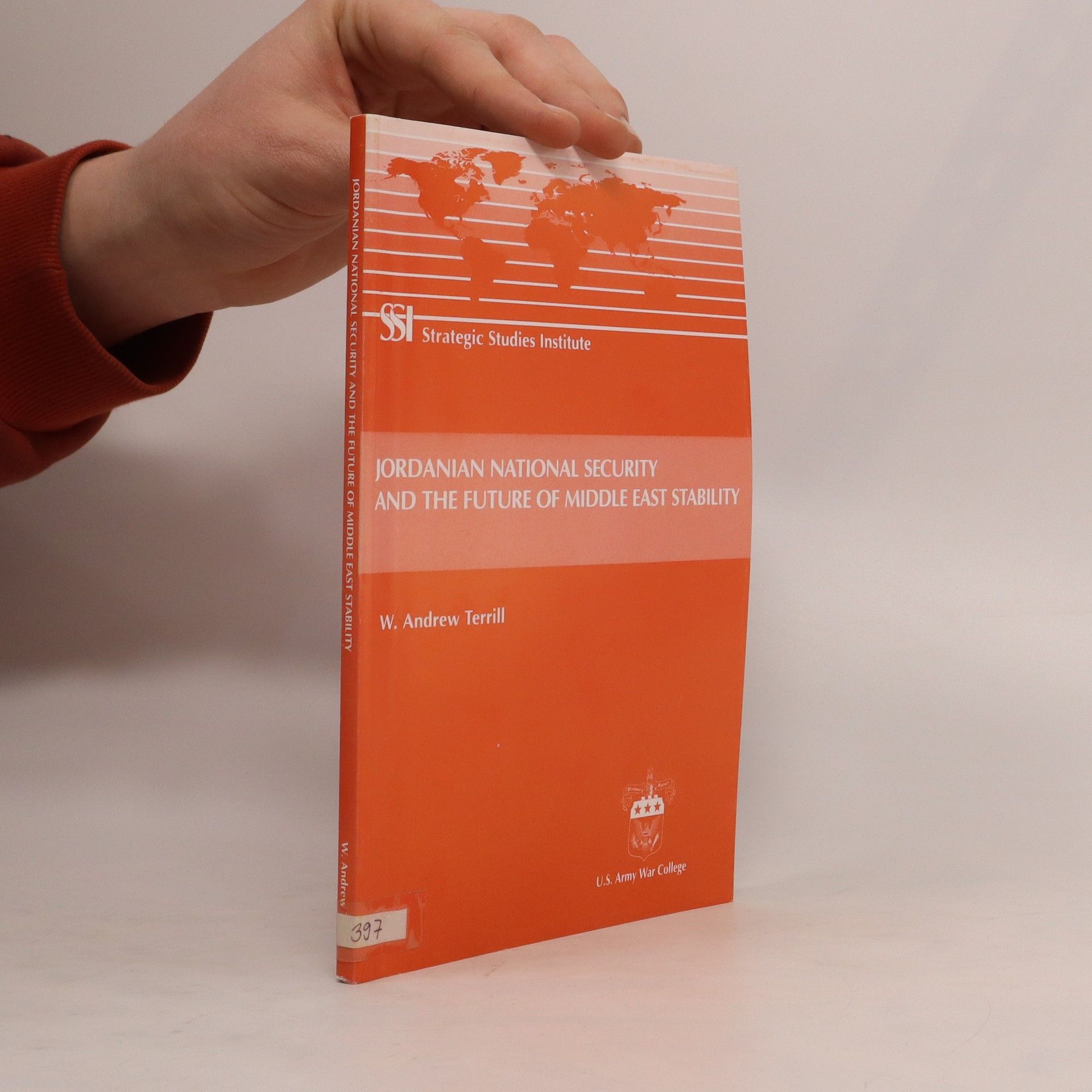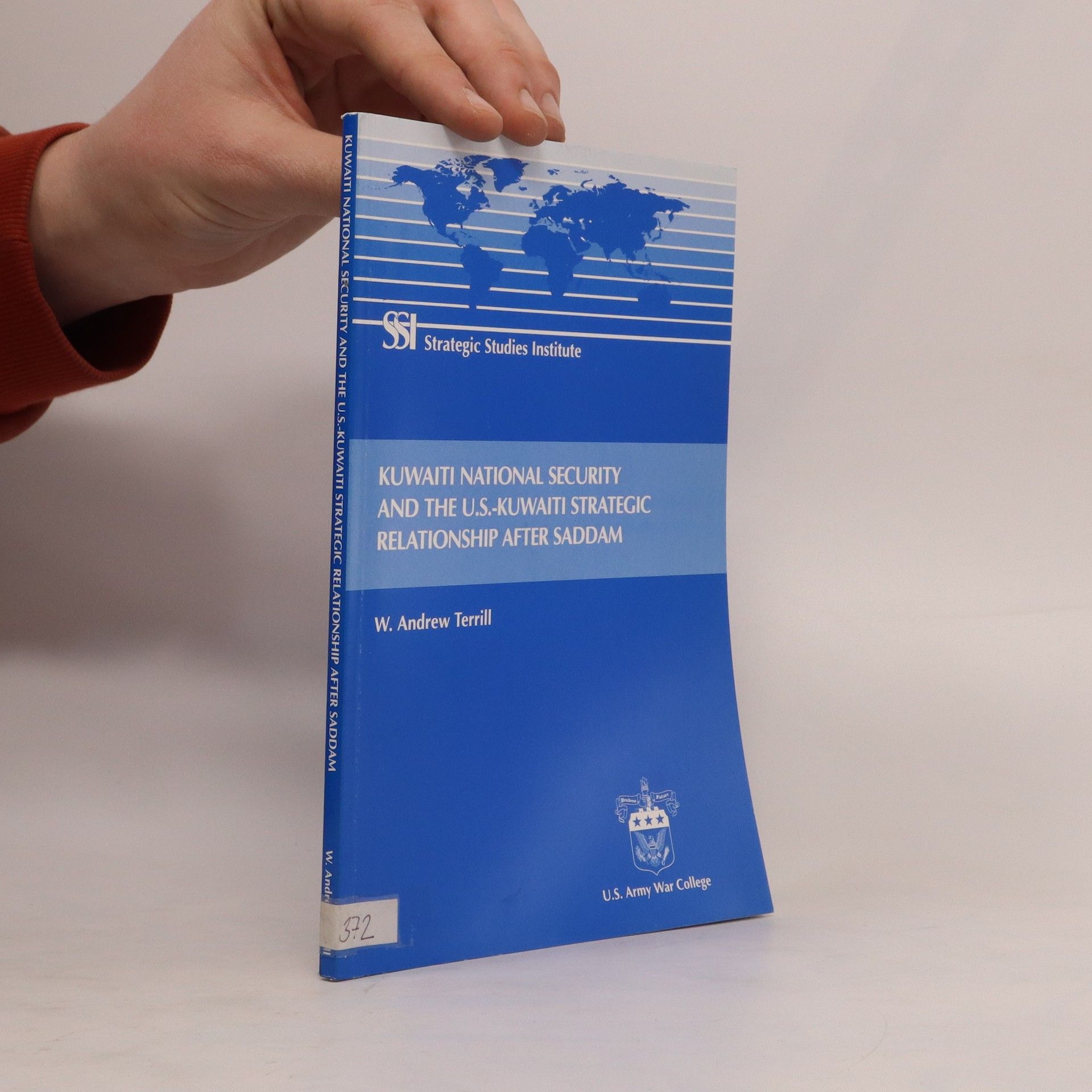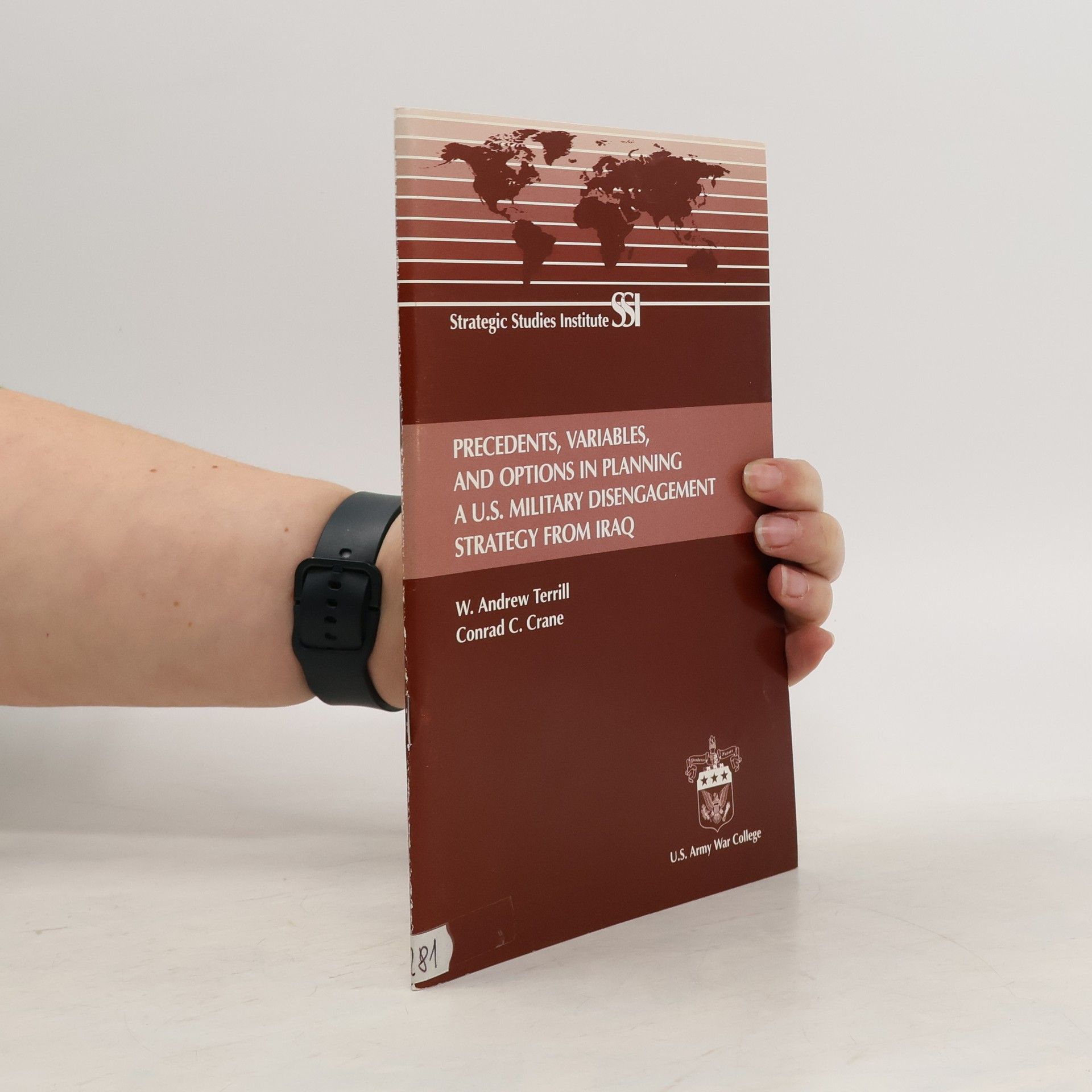W. Andrew Terrill Livres



Kuwaiti National Security and the U.S.-Kuwaiti Strategic Relationship After Saddam
- 102pages
- 4 heures de lecture
The United States has found no shortage of difficulties in recent years as it has moved forward in implementing its security policies toward the Middle East and especially the Persian/Arabian Gulf. Security threats resulting from an Iraq in turmoil and an assertive Iran are near the top of U.S. concerns about its future security. Efforts to deal with terrorism and to encourage and support the efforts of regional states to stem the rise of violent terrorist groups are also important. Kuwait, while a small country with a limited population, nevertheless has many of the same concerns as the United States in that part of the world. While Kuwait cannot act as a major regional power, it can nevertheless still serve as a valuable ally, whose contributions to regional security and democratization should not be overlooked. These contributions center on strategic geography, economic strength, and a willingness to host U.S. forces that is long-standing in a region where such actions can sometimes be seen as...
The United States and Jordan have maintained a valuable mutually-supportive relationship for decades as a result of shared interests in a moderate, prosperous, and stable Middle East. In this monograph, Dr. W. Andrew Terrill highlights Jordan’s ongoing value as a U.S. ally and considers ways the U.S.-Jordanian alliance might be used to contain and minimize problems of concern to both countries. Although Jordan is not a large country, it is an important geographical crossroads within the Middle East and has been deeply involved in many of the most important events in the region’s recent history. Now, the importance of this relationship has increased, and Jordan has emerged as a vital U.S. ally in the efforts to stabilize Iraq and also resist violent extremism and terrorism throughout the region.